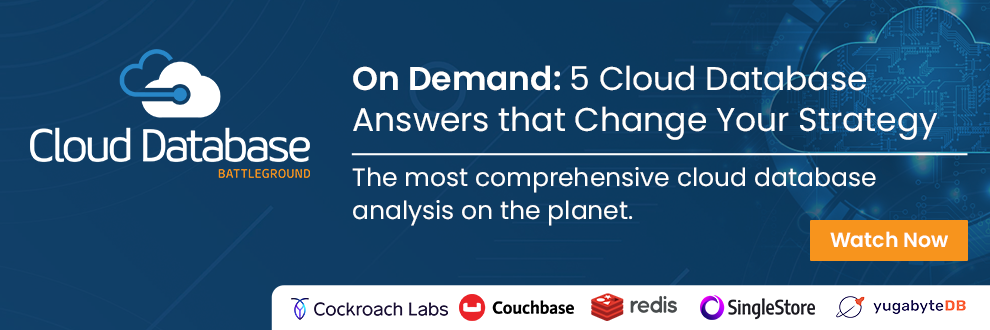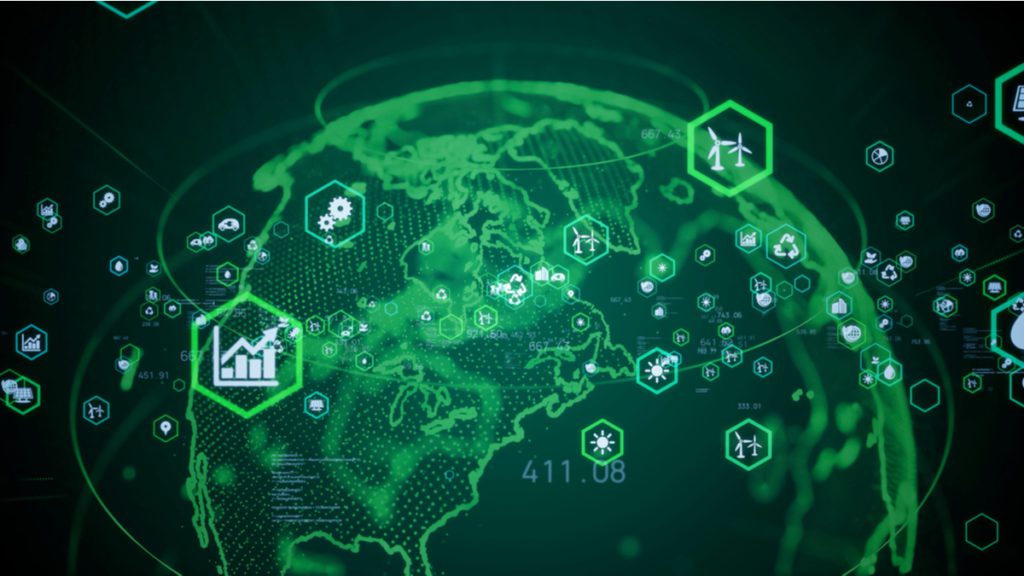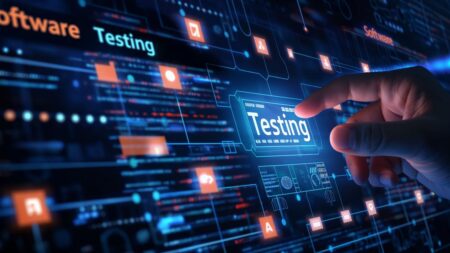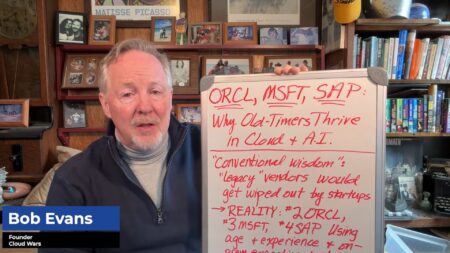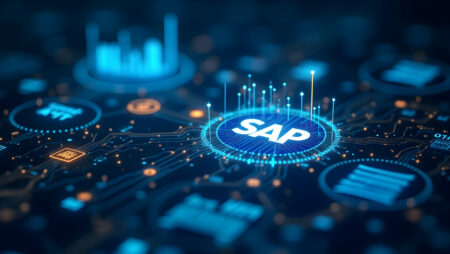
Mankind’s impact on the health of the planet should not be underestimated. There is plenty of data that reveals the negative effects mankind can have on both local and global ecosystems. However, humanity can be an enabler of creation, as opposed to the environmental destruction that has gone on for centuries.
What’s more, human activity is also generating and storing a colossal amount of data that can be used to create solutions to many of the problems that are faced today. But the volume of data created has grown exponentially, with a yearly increase of 314% since 2015, and data storage growth has doubled every 40 months since the 1980s.
This rapid growth of data is being fueled by increased digital interaction between people and devices, as well as data being gathered by sensors, IoT devices, and of course, personal technology, such as smartphones and tablets.
The question remains: What can we do with so much data generated and stored, and why are we storing so much data?
The Open Data Movement
Many global and local governments and organizations are adopting the so-called “open data movement”— data openly accessible, exploitable, editable and shared by anyone for any purpose. Further bolstering the value of that data is the rise of crowdsourcing and other collaborative initiatives, which is also accelerating the rate of change. All of that data, associated analytics, along with collaboration, is helping to improving the sustainability of the world that we are living in. These actions are driving change in many social and economic aspects.
In my previous article Why Context is Needed to Surface the Real Value of Data, I mentioned the great opportunity of adding external data to internal data within any organization—company, NPO, Government, etc.— and contextualizing its data to improve decision making in the short-term and the long-term, redefining the overall strategy.
This situation of the ‘Open Data Movement’ combined with Open-Source tools and great talent, brings great opportunities to drive sustainability to our world.
Initiatives Using Data for Sustainability
There are many initiatives—public and private—underway using open data and open-source tools. Any person can help and contribute to a great number of initiatives to combat climate change, improve city organization and mobility, optimize water sourcing and piping, enhance agriculture production, and many other things of this nature.
Non-Profit Organizations in several countries are driving very innovative solutions in this regard -which is great news!
As the United Nations indicates: “New sources of data – such as satellite data -, new technologies, and new analytical approaches, if applied responsibly, can enable more agile, efficient and evidence-based decision-making and can better measure progress on the Sustainable Development Goals (SDGs) in a way that is both inclusive and fair.”
The usage of open data for sustainability and humanitarian action is so important to the United Nations that, in 2017, it created the ‘UN Global Pulse.’ This was created with specific goals for human development and global sustainability, as listed in the document, How data science and analytics can contribute to sustainable development.
Risks & Benefits of Open Data for Sustainability
However, there are also risks associated with the usage of open data. When accessing socio-demographic open data, it is possible to gain insights into geographical details, as well as living conditions and contributing to other types of activities, such as uncontrolled exploitation of natural resources, illegal mining, or water control.
Overall, data can be used to improve the overall sustainability of human living conditions and better management of natural resources. It can be also used to try to restore damaged natural resources, reforestation, and many other initiatives focused to preserved natural resources.
But it’s up to us to be good stewards of the data to address the challenges and be create a sustainable future for the next generations.
